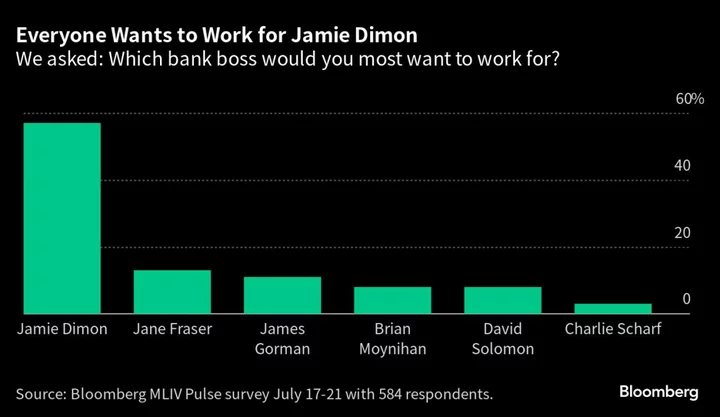By Stephanie Kelly and Jarrett Renshaw
NEW YORK (Reuters) -The Biden administration plans to increase the amount of biofuels that oil refiners must blend into the nation's fuel mix in 2023, 2024 and 2025, but the plan includes reducing mandates for corn-based ethanol from proposed levels, two sources familiar with the matter told Reuters.
The Environmental Protection Agency plans to finalize biofuel blending volumes at 20.94 billion gallons in 2023, 21.54 billion gallons in 2024 and 22.33 billion gallons in 2025, the sources said. The EPA is expected to announce the final rule on Wednesday.
The finalized volumes include 15 billion gallons of conventional biofuels like corn-based ethanol in 2023, 2024 and 2025, which represents a decline from a December proposal and is likely to cause consternation among biofuels groups and farmers. In 2023, however, the EPA plans to include 250 million gallons of "supplemental standard."
The EPA did not immediately respond to a request for comment.
The EPA in December had proposed requiring oil refiners to add 20.82 billion gallons of biofuels to their fuel in 2023, 21.87 billion gallons in 2024, and 22.68 billion gallons in 2025. That included 15.25 billion gallons of conventional ethanol in 2024 and 2025.
The final rule marks a new phase in the U.S. Renewable Fuel Standard program, which is more than a decade old and frequently pits the powerful oil and biofuel industries against each other.
Ethanol producers and corn farmers like the mandates because they provide a market for their products, while the oil industry finds the requirements too pricey.
While Congress set out specific goals for the program through 2022, the law expands the EPA's authority for 2023 and beyond to change the way the RFS is administered.
Under the RFS, oil refiners must blend billions of gallons of biofuels into the nation's fuel mix, or buy tradable credits from those that do.
(Reporting by Stephanie Kelly in New York and Jarrett Renshaw in PhiladelphiaEditing by Matthew Lewis)









